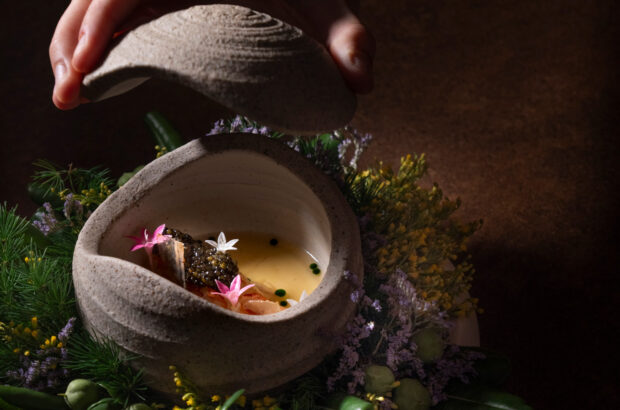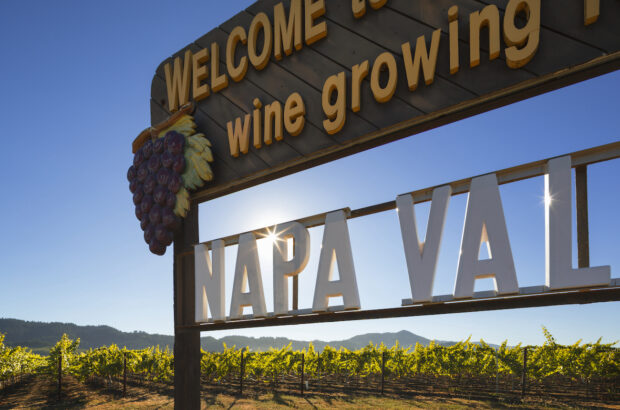Chapel Down’s net sales rose by around 14% in 2023, largely thanks to higher demand for the UK producer’s ‘traditional method’ English sparkling wines at home and abroad, as well as consumers’ willingness to pay higher prices for some bottles.
Total net sales were £17.2m under new accounting methods introduced following Chapel Down’s recent listing on the AIM stock exchange, compared to equivalent sales of £15m in 2022.
Its trading update adds to an optimistic mood around both English and Welsh wines, following a bumper 2023 harvest in many UK vineyards.
Chapel Down CEO Andrew Carter described 2023 as ‘a landmark year’ for the company and the wider industry.
The group’s traditional method sparkling wine sales rose by 25% versus 2022, to £12m, and by 12% in volume to 887,000 bottles. Sales of still wines dropped by 7% to £2.6m, however.
‘Our continued outstanding performance, and the fantastic, record-breaking 2023 harvest, means our passionate and highly skilled team carries significant momentum into the new financial year,’ Carter said.
English sparkling taking Champagne market share in UK?
Chapel Down contrasted buoyant demand for domestic sparkling wine with signs of faltering sales of Champagne in the UK in 2023.
It cited Nielsen data showing retail ‘off-trade’ sales of English sparkling wine rose by 16% in value terms during the year, while Champagne sales fell by 9%.
Those figures don’t encompass the whole market, particularly ‘on-trade’ sales in restaurants and bars.
The UK is also a major market for Champagne. Around 28.1m bottles worth €549m were shipped across the English Channel in 2022, according to Comité Champagne figures.
Global Champagne shipments fell 8% in volume in 2023, although stayed above €6bn (£5.1bn) in value terms, said the Comité Champagne last week, without providing country-specific figures at this stage.
Record-breaking 2023 harvest for UK wineries
A bumper 2023 harvest in the UK is expected to yield record production of 20m to 22m bottles, said trade body WineGB in a recent report.
That compares to 12.2m bottles in 2022, and 13.1m in 2018, the previous record year.
Last year’s increase partly reflects a strong rise in vineyard plantings across the UK over the past decade, but also favourable weather conditions during the 2023 growing season.
WineGB said, ‘2023 will undoubtedly be remembered as a near perfect year.’







